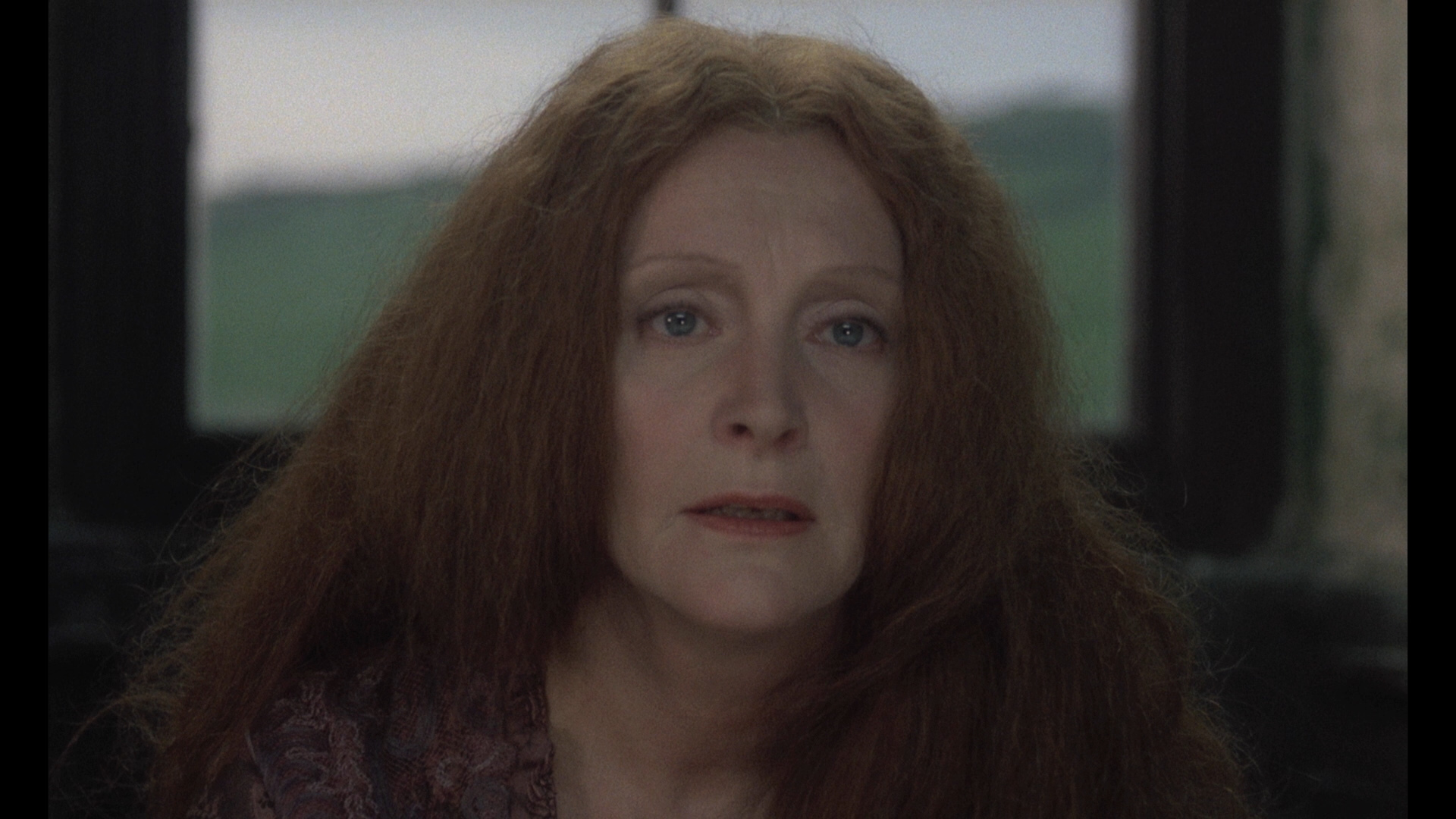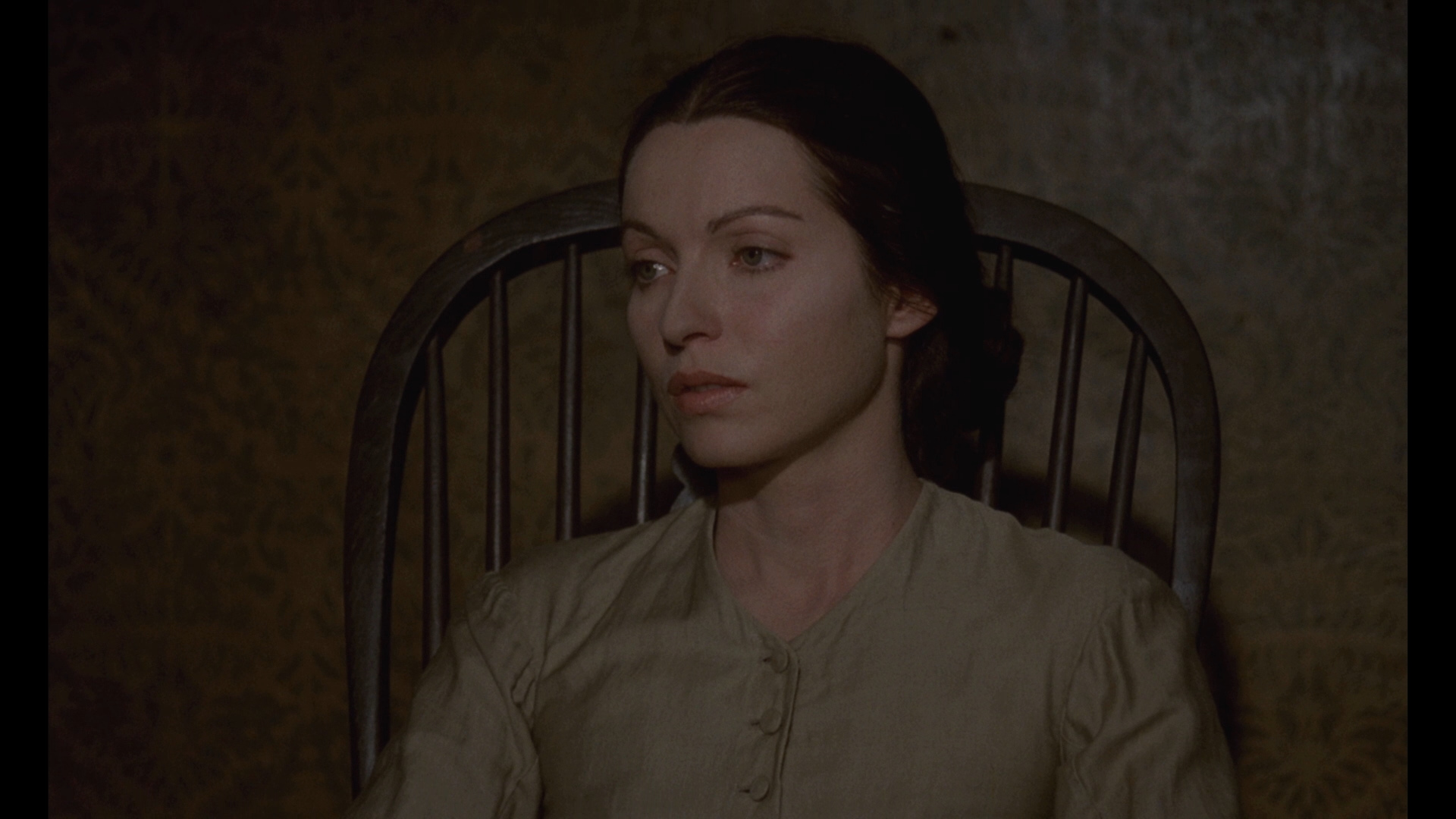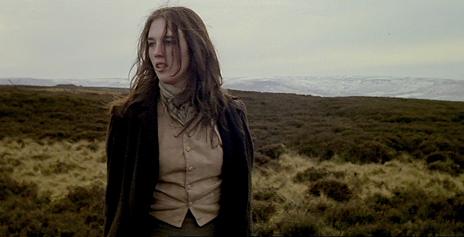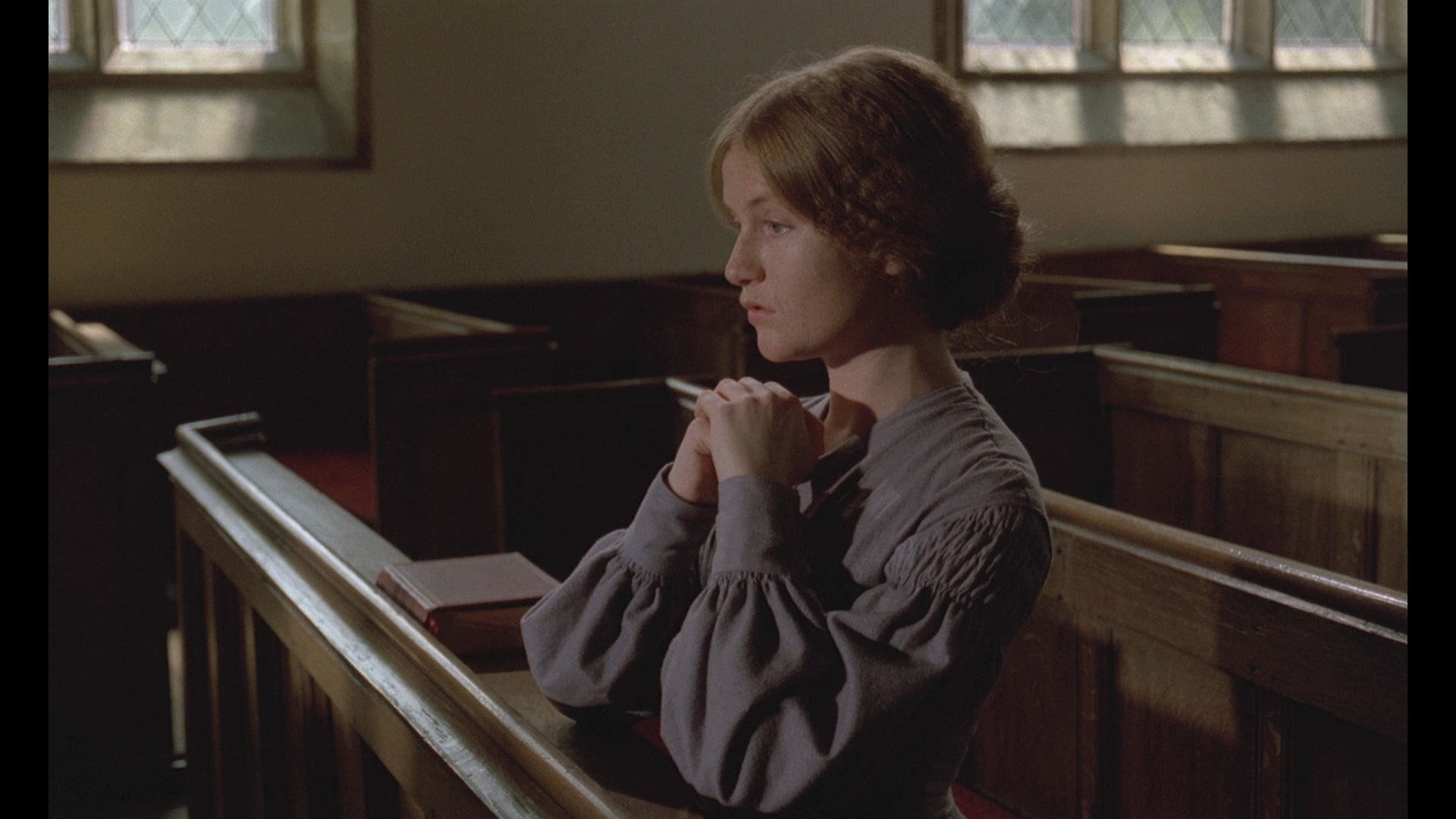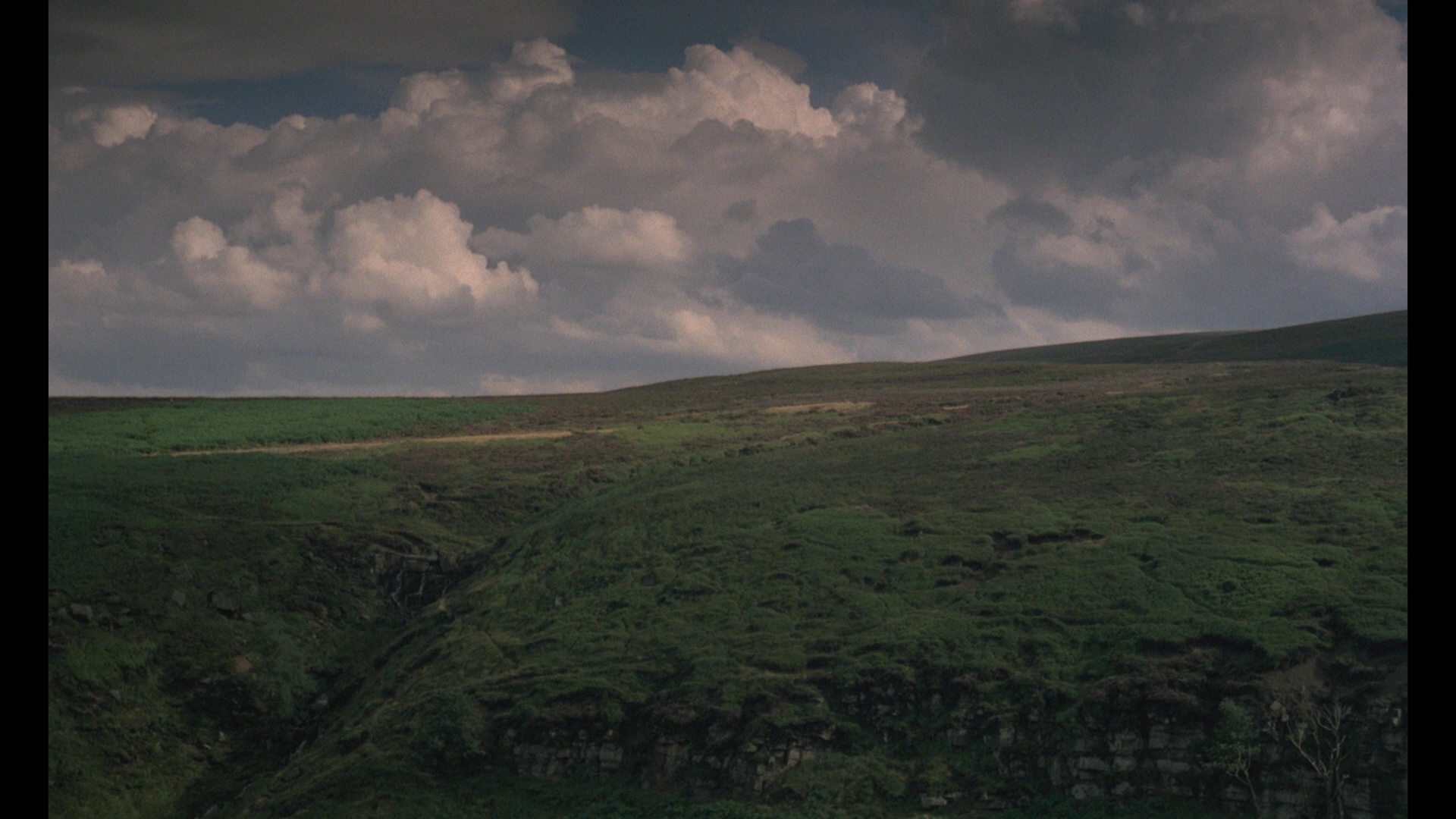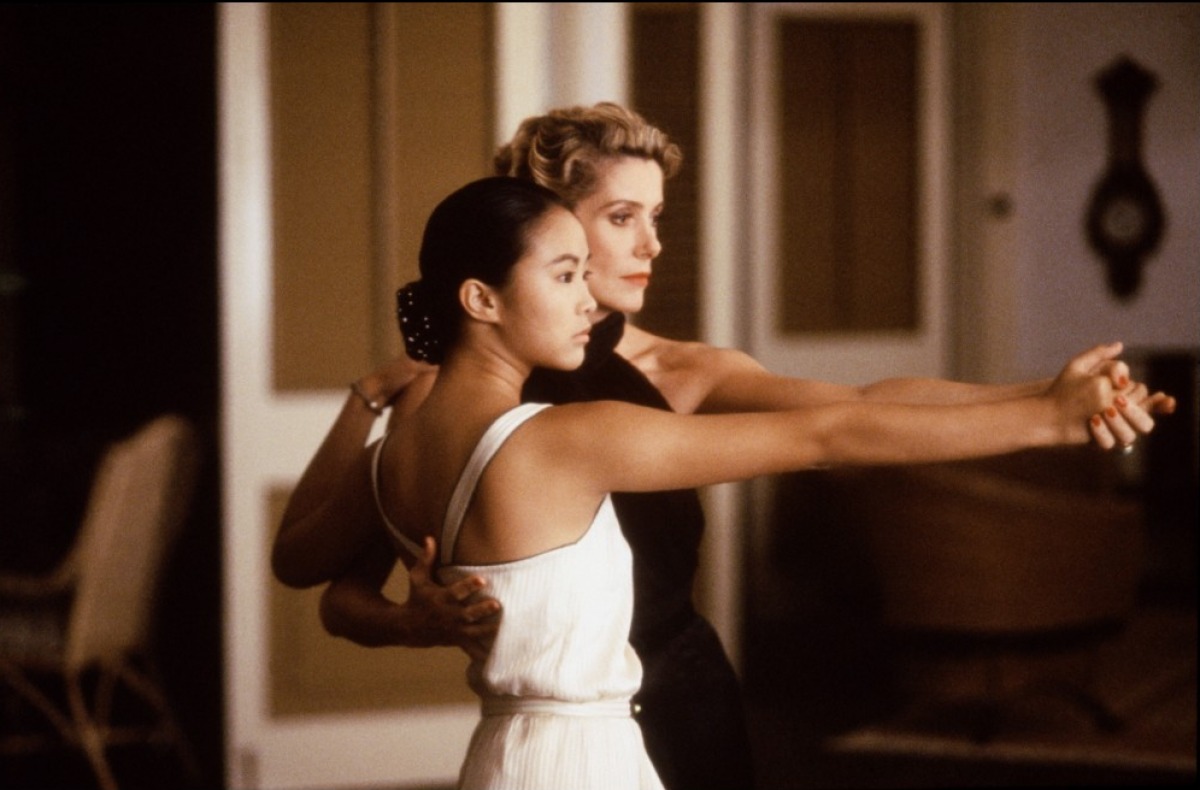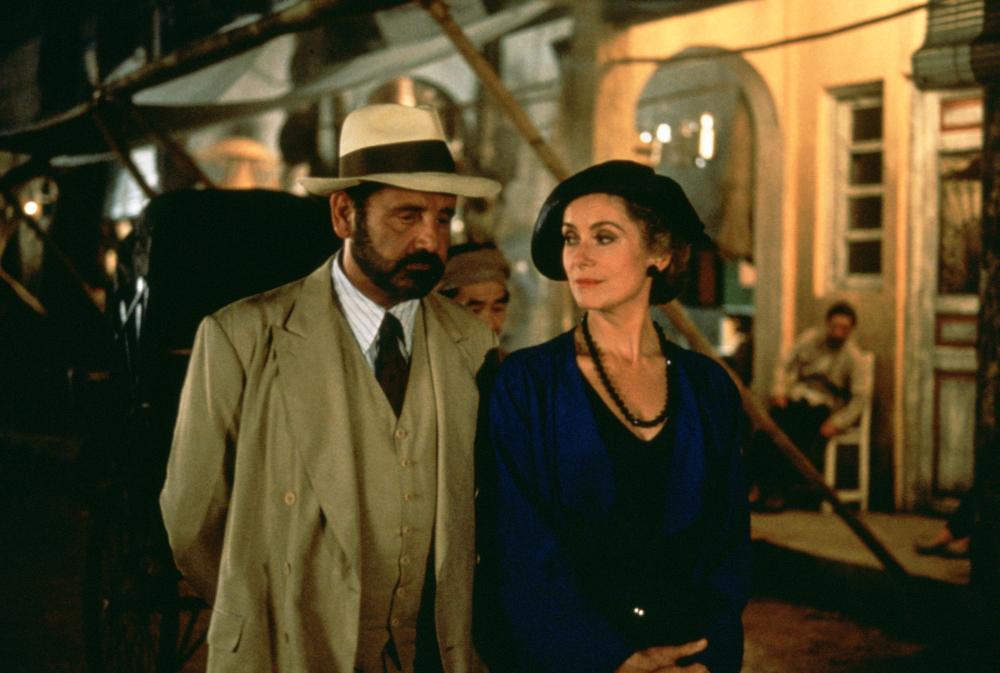When someone talks about Isabelle Adjani, he mostly
mentions Marguerite de Valois, Camille Claudel, Eliane, Anna and Adelie H. This
roles of Isabelle Adjani are timeless, but her career does not stop with this
films.
That is why, on the day of Isabelle Adjani’s birthday,
the one should remember her lesser known roles. I’ve chosen the best, in my
opinion, roles and have put them in the chronological order.
1. Violette et Francois (1977)
After L’Histoire D’Adelie H. Isabelle Adjani acted in
a film of Roman Polanski («The Tenant»), in a film of Andre Techine («Barocco»)
and her next film was a tragic comedy «Violette et Francois».
Violette and Francois don’t care about the future.
Violette was fired from the bank; Francois was booted from the real estate
agency, when his superiors found out that his best «customer» was Violette.
Unfortunately, the young couple has a little son Paul and they have to find a
way to make ends meet. Francois loses yet another job; he can’t secure funding
for his newspaper, so he decides to become a professional shoplifter. After
first failed theft, they decide to get married and on the day of the wedding,
Violette agrees to help Francois in the shoplifting business.
The film shows that Isabelle Adjani is capable of
playing not only tragic heroes. The actress has naturally portrayed the
evolution of Violette from the infantile and naïve teenager, who got a crush on
the Hooligan and ready to condone all of his activities, to the grown woman
capable of tough and painful decisions.
2.
Les soeurs Brontë (1979)
Frankly speaking, I have discovered Isabelle Adjani
quite recently – on the last summer. After acquaintance with her acting, I have
decided to reread The Idiot and I have imagined only Isabelle Adjani as Nastásya
Philíppovna. Three months ago, I have decided to read the books of the Bronte
sisters.
While reading «Wuthering Heights», I imagined only one
actress as Catherine Earnshaw – Isabelle Adjani. Sadly, The Actress has not
portrayed Catherine, but she morphed her in the image of Emily Bronte.
When «Wuthering Heights» were first published a lot of
critics thought that the writer was a man. Isabelle Adjani showed the crossing
of masculine and feminine identity in Emily – dressed in a male's outfit to
walk the grey fields; even some men say to her that she should be born as a
man. Emily Bronte was the hideous and shy woman, but her seldom outbursts were
like the northern wind.
3.
Tout feu, tout flamme
(1982)
It is not widely known, that Isabelle Adjani has
started her career as a comedy actress. Into the troupe of the
Comedie-Francaise The Actress has played in classical French comedies. Despite
the fact, that Isabelle Adjani Isabelle Adjani has earned her place in the
Pantheon after «The Story of Adelie H.». After that, The Actress has been
always admired and worshipped for her dramatic roles; nevertheless, she had
also sometimes played in cute comedies.
In «Tout feu, tout flamme» Isabelle Adjani shows us a
variety of persons: the Princess of Darkness, secretly ruling the French and
European economy; the sweet girl, who got to take care of her family; the
raging monster, who is ready cut anybody’s throat and so on.
Jean-Paul Rappeneau mixes different genres: comedy;
father-daughter drama; gangster film and melodrama. The main theme of this film
is the father-daughter conflict, spiced by a comedy sauce.
4. Mortelle randonnée (1983)
Most critics say Mortelle Randonnée is the definitive
neo-noir, but this film couldn’t be categorized in just one genre. Claude
Miller, the talented apprentice of the Nouvelle Vague cinema, who has worked as
assistant with Francois Truffaut, Jean-Luc Godard and Jacques Demys, cunningly
mixes different genres. Mortelle Randonnée is, one could say, the mix of
absurdist tale and noir.
Mortelle Randonnée has a dreamy-like atmosphere:
heroine, planning her activities by checking horoscopes, telepathically
connecting heroes, supporting characters, which act like a pulp fiction heroes.
Isabelle Adjani gets less screen time but her acting
is superb. She shows us a variety of persons: the sweetly naïve student Lucy
Brentano, the arrogant top-model Eve Granger, the tragedy-broken Catherine Leiris,
and so on. To all those, who say Isabelle Adjani is only fit to play drama
queens and a hysterical female, I strongly recommend watching this film.
5. Toxic Affair (1993)
After Camille Claudel Isabelle Adjani has stopped her
acting career for five years. She has returned from her «vacation» by acting in
Toxic Affair – another forgotten Adjani’s film (along with Tout feu, tout
flame, Antonieta, L'année prochaine... si tout va bien and some other).
Toxic Affair would be stupid and boring if it wasn’t
for one person, whom we call Isabelle Adjani. The Actress completely steals the
show by her magnificent acting. She proves that for the real actress a five
year break means nothing. Isabelle Adjani truly captures all hysterics, mood
swings, incoherence and egoism of Penelope. The Adjani’s facial expression is
superb, as in «The Story of Adelie H.», you could even call this film «The
Story of Adelie H. Ultra Light».
Toxic Affair proves that the time break means nothing
for the truly great artist – she will electrify after 5, 10 or 20 years.



























